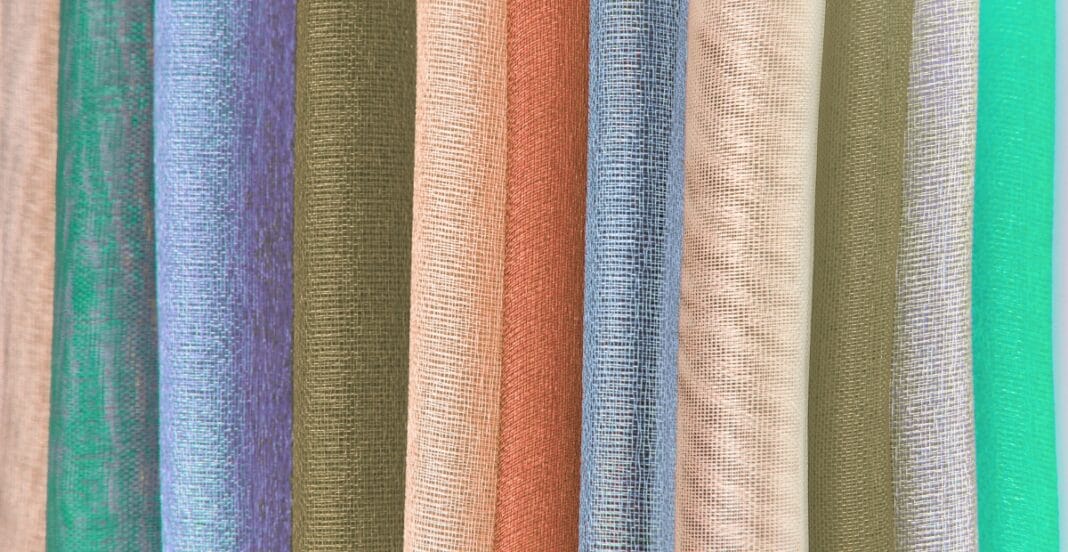Elegance often evokes an image of something delicate, soft, and glowing. Achieving that effortless look requires the right fabric, and nylon organza has become widely used among designers for combining delicacy with structure. From fashion runways to DIY projects, this fabric adds a magical touch without the heavy feel.
In this piece, you will learn everything concerning nylon organza fabric, including its origin and its widespread use in fashion as well as home decor.
Table of contents
- What Is Nylon Organza Fabric?
- The Steps Involved in The Manufacturing of Nylon Organza Fabric
- The Usage and Creation of Organza
- The Popularity of The Organza Nylon Fabric
- The Looks and Feels of Nylon Organza Fabric
- Fashion Use For Nylon Organza Fabrics
- Creative Uses Beyond Fashion
- Color Options and Finishes
- How to Style Nylon Organza Fabric
- Tips for Sewing Nylon Organza Fabric
- Caring for Nylon Organza Fabric
- Pros and Cons of Nylon Organza Fabric
- Best Occasions for Nylon Organza Fabric
- Comparison with Other Organza Fabrics
- Popular Designers Who Use Nylon Organza Fabric
- Eco-Friendly Considerations
- Silhouettes You Can Create with Nylon Organza Fabric
- How to Store Pieces of Nylon Organza
- Conclusion
- FAQs
What Is Nylon Organza Fabric?
Nylon organza fabric is classified as sheer and lightweight fabric composed of synthetic nylon fibers. It possesses many similarities to silk organza, but is less expensive and usually more durable. It is famous for its smooth and crisp texture, soft transparent look, and ability to maintain shape.
The fabric undergoes plain weave construction employing a combination of tightly twisted fibers. This provides a bit of hand stiffness, which gives volume and structure while still being soft to the skin and suitable for layering.
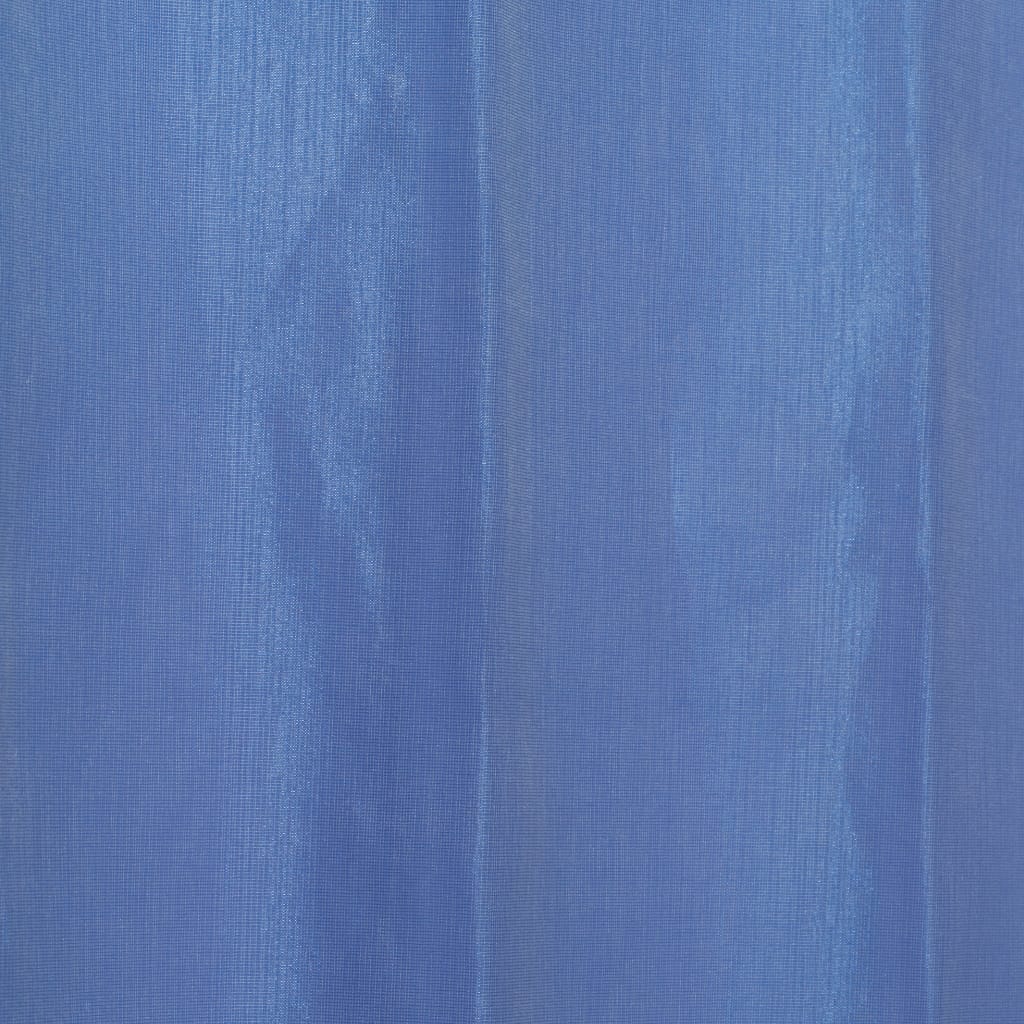
The Steps Involved in The Manufacturing of Nylon Organza Fabric
The creation of nylon organza fabric starts with the nylon polymer pellets which undergoes melting. This is followed by spinning into fine fibers. Further, the twisting of the fibers is done to give the fabric its texture. The last step involves plain weave sewing of the threads which results in strong, light and transparent fabric.
Since nylon is a synthetic fiber, dyes can be applied unlike other fabrics. Thus, manufacturers are able to create a myriad of colors and textures which enhances the versatility of fashion and decor.
The Usage and Creation of Organza
The term organza stems from Urgang which was known for its silk production in the famed silk road. It was originally made of silk but, in recent years, fabric creators started to use synthetic materials in order to create cheaper and long lasting alternatives.
In the middle of the 20th century, the introduction of nylon created the organza fabric which led to an increase in its usage and popularity, especially in fashion houses and textile markets across the globe.
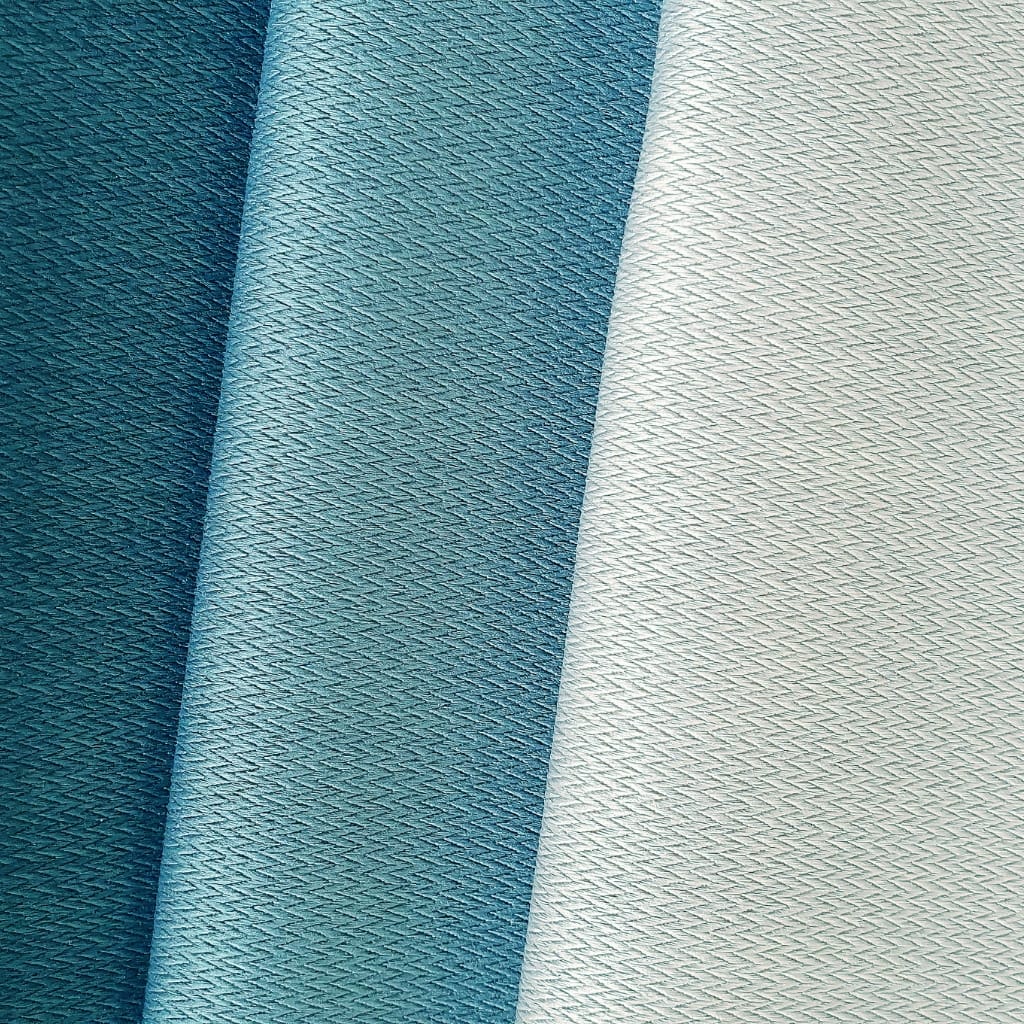
The Popularity of The Organza Nylon Fabric
There are numerous reasons why nylon organza fabric is so sought after. To begin with, it is lightweight which is greatly beneficial for clothes that flow and require elegance. Also, it maintains its shape and therefore assists in forming structured silhouettes for outfits. Finally, it nylon organza is inexpensive as it appears to be costly for its look, but its price is low.
Also, other reasons for the popularity of nylon organza is that it is easy to care for garments made from it. Compared to silk, it is dryer-friendly as it is more wrinkle resistant. Its color retention is amazing and provides depth and dimension while adding to layered ensembles. Such qualities are helpful in making dresses, skirts, and even overlays.
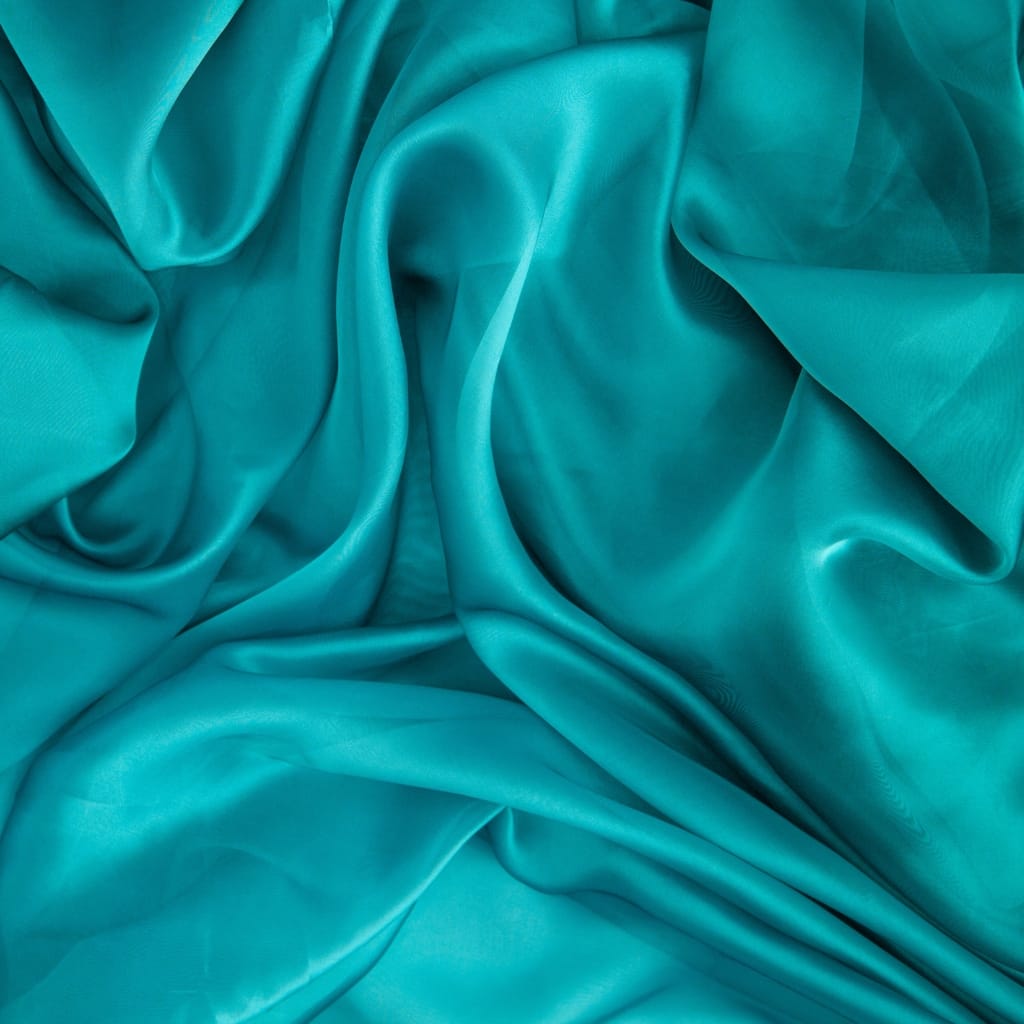
The Looks and Feels of Nylon Organza Fabric
With nylon organza fabric, it has smooth and crispy textures. For instance, touches to it will show firm touch but not one that can be deemed scratchy or stiff. The fabric is light and does not cling to the skin.
Nylon organza has a soft glow that help in reflecting light some. This glow also helps to increase the elegance level of the design. Designers love to use sheer nylon organza fabrics as they can be layered with opaque fabrics to enhance dreamy looks.
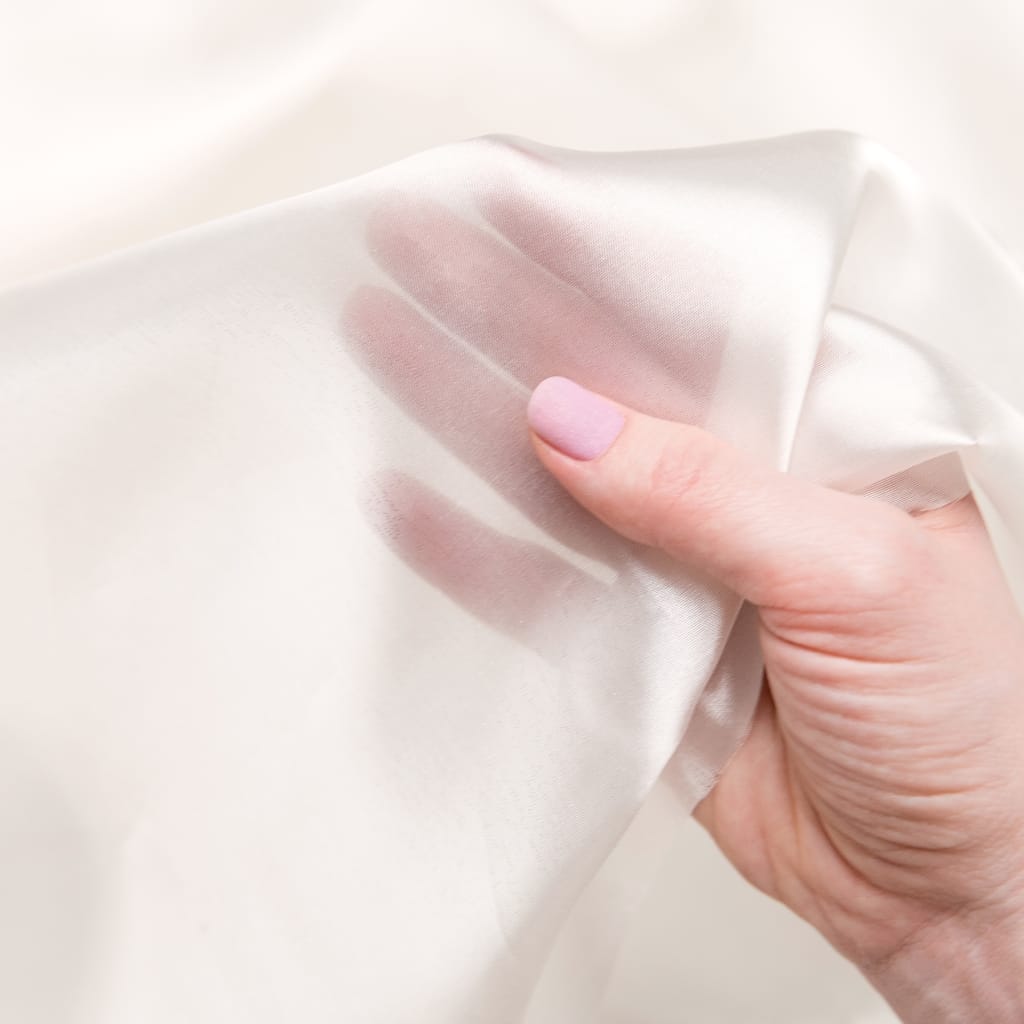
Fashion Use For Nylon Organza Fabrics
There is a great variety of uses that designers can come up with since the nylon organza fabric is very creative. It can also work for vintage inspirations or contemporary styles.
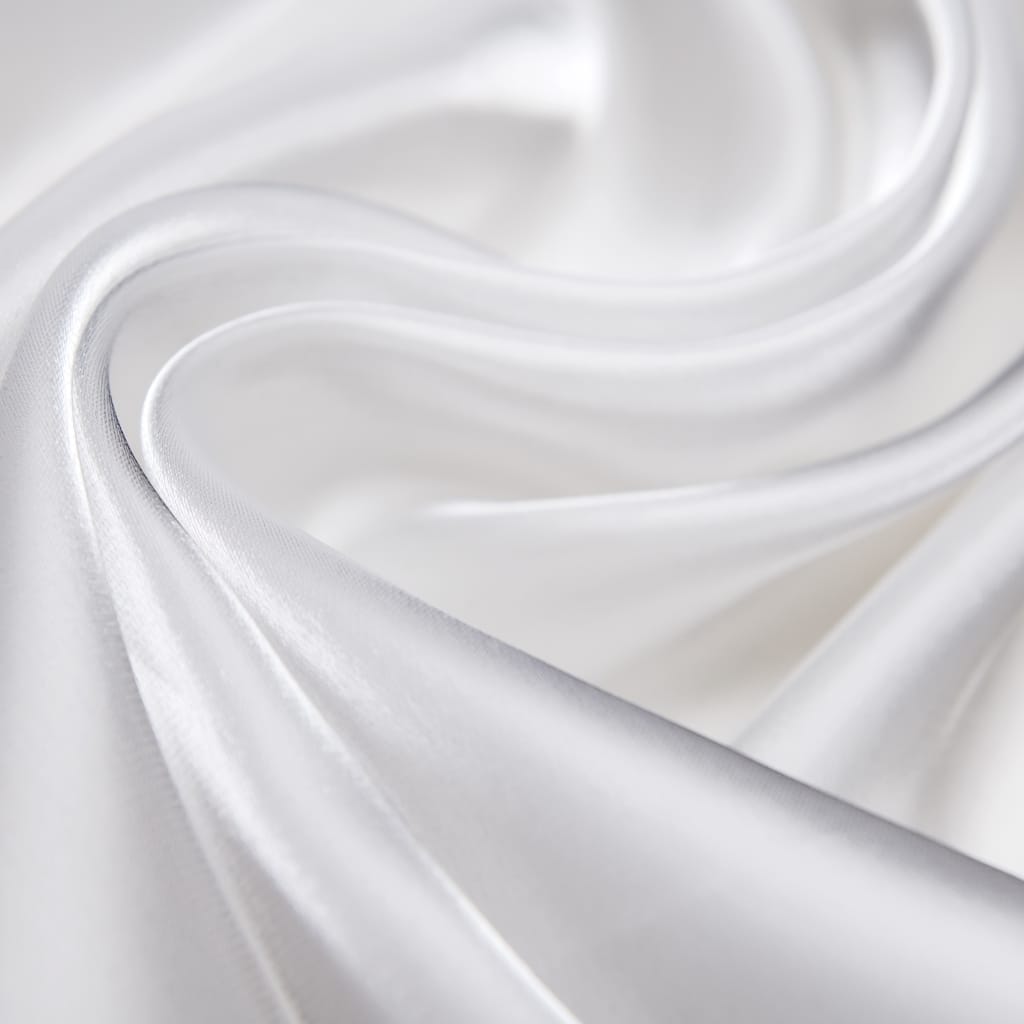
Bridalwear and Veils
The use of nylon organza in wedding gowns and veils is common. Its transparency adds to the delicacy of the outfit, and its structure allows for dramatic layering. It makes brides look soft, yet regal, which is the illusion that they want.
Evening Dresses and Ball Gowns
Designers love using nylon organza for full skirts, puffed sleeves, and ruffled hems. It captures light beautifully and adds shimmer and depth to the outfit.
Casual Fashion
Nylon organza is also featured in casual fashion such as blouses, skirts, and accessories. A sheer overlay or top can take a basic outfit to the next level.
Children’s Wear
For children’s dresses and costumes, nylon organza is often used because it is light and durable. It adds volume without weight, which is ideal when creating playful, magical designs.
Creative Uses Beyond Fashion
Nylon organza fabric is not only for clothing as it can be used for home decor, crafting, and event planning.
Home Decor
Designers use it for sheer curtains, as well as for lampshades and cushion overlays. The fabric allows light to enter and, at the same, adding softness to the interiors.
Event Decorations
Used for table runners, chair sashes, and ceiling drapes, nylon organza is an elegant addition to any event. It’s shimmer and flow enhances the ambience of any celebration, including weddings and parties.
Craft Projects
Crafters use nylon organza to create flowers, bows, and for gift wrapping. As it maintains its shape, it brings elegance to the made items.
Color Options and Finishes
Perhaps the best feature of nylon organza fabric is the variety of colors. Available in soft pastels, rich jewel tones, and vibrant brights. There are even color shifting iridescent versions.
Manufacturers also offer finishes like glitter, foil prints, or even embroidery on organza. These details transform simple organza into statement fabric.
How to Style Nylon Organza Fabric
There are numerous ways to style nylon organza fabric and make it stand out.
Use solid fabrics as a base to layer organza. For instance, a skirt made from nylon organza worn over a satin base creates volume and contrast. Use the organza in sleeves or necklines for a subtle sheer effect.
Pairing organza with denim or leather brings out an edgy twist. Use and combine different fabrics for varied look.
Scarves, scrunchies, or bags made from nylon organza can add elegance to basic outfits.
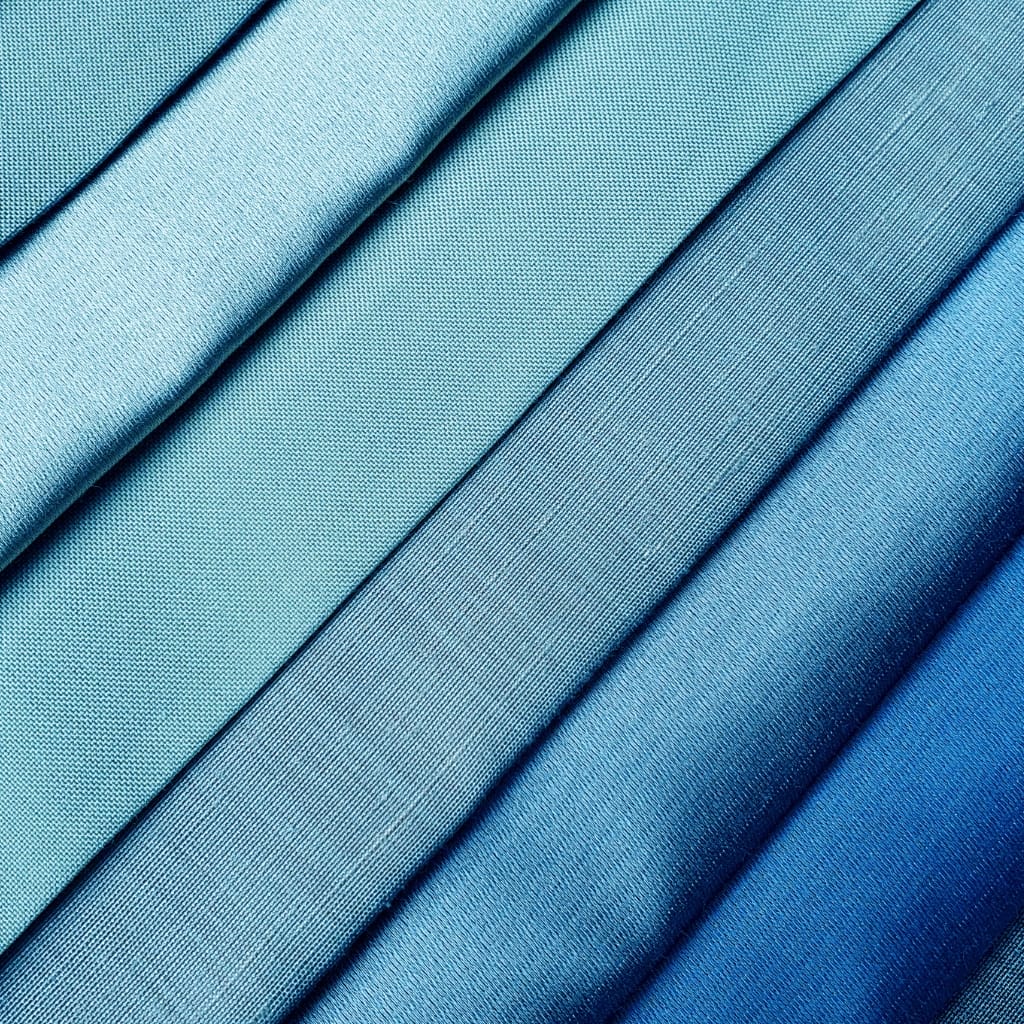
Tips for Sewing Nylon Organza Fabric
If you are patient, sewing nylon organza will not be difficult, although it can be challenging.
To begin, use a sharp needle size 70/10. Short, straight stitches are recommended as they are less likely to cause puckering. Do not backstitch. Instead, knot the thread ends for a tidy finish.
Always test any machine settings on scraps of fabric first. Stabilize slippery fabric using tissue paper. Use French seams or rolled hems to create polished edges.
Work in well-lit spaces to help see stitches on sheer fabrics.
Caring for Nylon Organza Fabric
Caring for nylon organza fabric is uncomplicated. Hand washing and cool water temperature works best. Use mild detergent and avoid wringing fabric.
Lay flat or hang to dry. Do not tumble dry. Press on low with a pressing cloth. Never iron directly on the fabric to avoid melting.
Store in cool, dry spaces using padded hangers to prevent creasing. Decorative garments should be kept in breathable fabric bags.
Pros and Cons of Nylon Organza Fabric
Every fabric has strengths and weaknesses. Here’s what to expect with nylon organza.
Pros
- Light and airy
- Maintains form well
- Is less expensive than silk
- Comes in numerous colors and finishes
- Easy maintenance and can be dyed easily
Cons
- Must be finished properly to avoid fraying
- Slippery to sew
- Does not have the softness of silk
With some obstacles to work around, it’s no surprise why this fabric is so popular among style enthusiasts and designers.
Best Occasions for Nylon Organza Fabric
For a more elegant touch without added weight, nylon organza is great for weddings, parties, and other formal occasions.
The fabric is also useful for costumes and stage wear. It adds drama and flair and moves beautifully under lights.
For everyday wear, use the fabric as accents such as collars, sleeves, or skirts. It instantly classifies casual outfits as sophisticated.
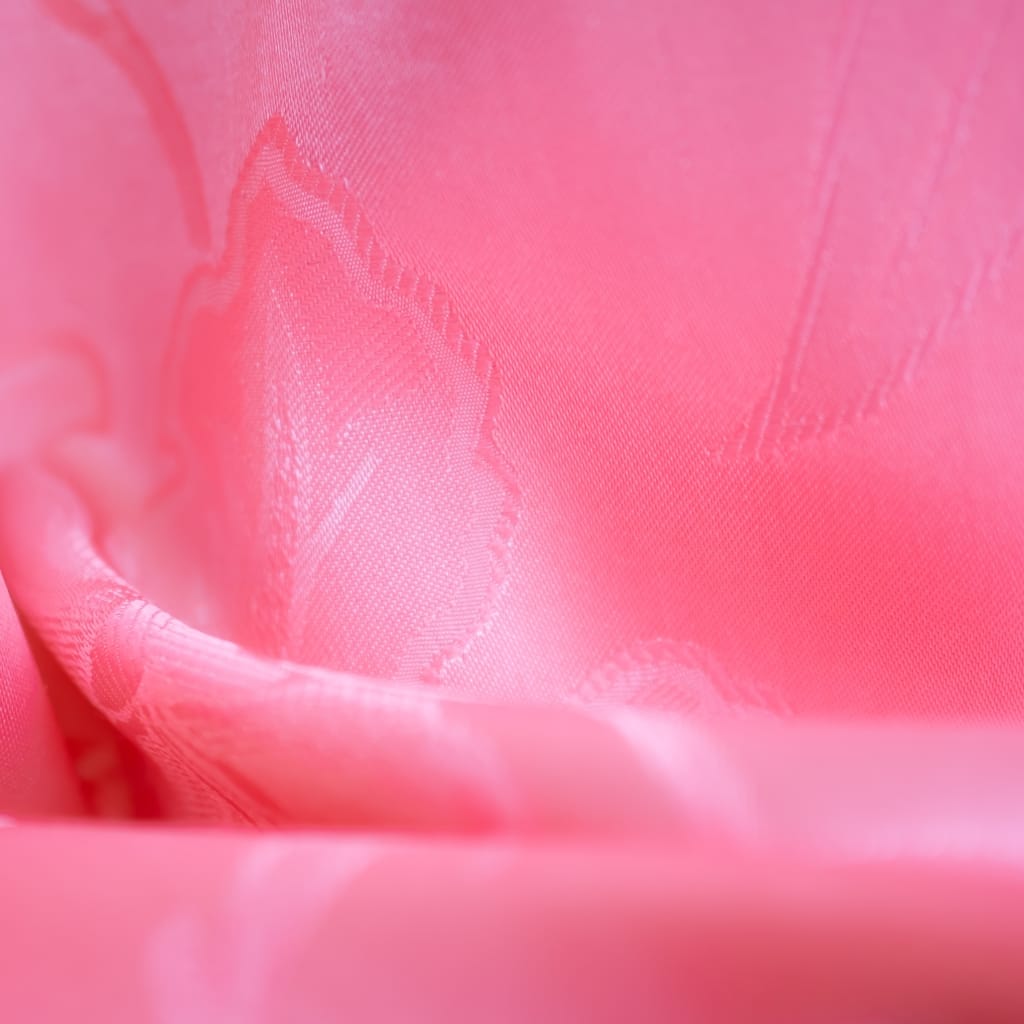
Comparison with Other Organza Fabrics
While silk organza may have a more luxurious feel, it is far more expensive than nylon organza. Silk organza does have a more natural shine, but nylon organza wins in durability.
Another option is polyester organza. It is stiffer than nylon and may lack softness, but both are excellent for creating volume.
If you want something light and structured that looks good without breaking the bank, go for nylon organza fabric.
Popular Designers Who Use Nylon Organza Fabric
Numerous designers incorporate nylon organza into their pieces collections. It is often featured by fast fashion brands in their trendy garments. Couture designers select it for its dramatic flair and versatility.
Fashion icons such as Vera Wang and Marchesa incorporate organza into their wedding designs. The nylon version provides a similar look with more convenience.
Even small boutiques and DIY designers adore the fabric due to its broad color variety and easy accessibility.
Eco-Friendly Considerations
While nylon is a synthetic material, some brands have started producing organza from recycled nylon. These fabrics help reduce waste and environmental impact because they are made from reclaimed fibers.
If you are passionate about sustainability, search for certified eco-friendly products. Such options will allow you to look stylish without harming the environment.
Silhouettes You Can Create with Nylon Organza Fabric
Nylon organza is widely loved by designers due to its ability to build shape. It is perfect for A line skirts, puff sleeves, peplum tops and bell shaped gowns.
Its crisp texture retains the structure of folds, pleats, and gathers. You can layer it to give volume without adding weight.
It can be utilized in sheer panels, cut-outs, and overlays. It brings an enchanting quality and elegance to any shape.
How to Store Pieces of Nylon Organza
To maintain nylon organza, garments and fabrics require careful storage. Hang dresses and tops on padded hangers. Minimize folding to avoid heavy creases.
Keep fabric rolls upright or flat in dry, cool locations. Cover with a light cotton cloth to protect from dust.
Avoid using plastic bags for storing accessories to prevent trapping moisture. Use fabric pouches instead.
Conclusion
Whether you’re designing for a bride, creating formal gowns, or DIY crafts, nylon organza offers style, charm, and structural beauty. It’s a shimmering choice that stands out among other fabrics.
Nylon organza fabric blends functionality and elegance. It’s light and crisp, easy to work with, and transforms any outfit or decor.
Next time you are looking for a touch of lightweight elegance, pourquoi не try a beautiful secret worth sharing—nylon organza fabric.
FAQs
It works best in dresses, veils, event decor, and accessories.
Yes, it is sheer. Layering adds modesty and depth.
Yes, but only on low heat with a pressing cloth.

